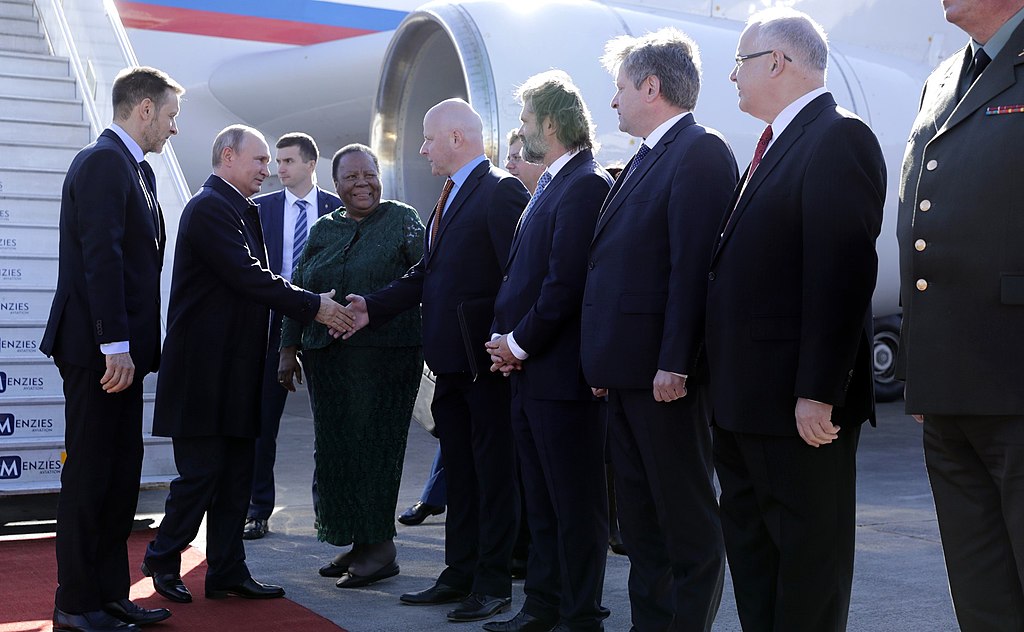Kh-47M2 Kinzhal on a MiG-31K[RG1] Victory Day Parade 2018 Moscow.
“Russia is increas[ing] the intensity [of missile strikes] to somehow find a loophole in these [Ukraine air defense] systems and break through them.”
Although the intensity of Russian missile strikes against Ukraine increased from March and April 2023 to May 2023, the somewhat limited nature of the strikes may be an indication that Russia is running into a supply problem that could have a strategic impact on its ambitions in Ukraine and its ability to sell weapons on the international arms market. According to the recent accompanying article from Republic of Georgia-based Resonance Daily, which monitors the war in Ukraine and Russian military affairs in general, Russia may be squandering its missile stockpile in a somewhat piecemeal effort to break or find a weakness in Ukraine’s missile defense that it cannot currently exploit. From the perspective of the Georgian defense analyst quoted in the article, “Russia is increas[ing] the intensity [of missile strikes] to somehow find a loophole in these [Ukraine air defense] systems and break through them.” This, the analyst points out, is due to Russia’s inability to achieve any breakthroughs in the ground war. The article, published in the wake of a barrage of Russian missile and drone strikes on Kyiv on 16 May, underscores that Russia is thought to possess only 80 Kinzhal (dagger) hypersonic missiles, and that Ukrainian missile defenses destroyed one “dagger” on 6 May and six more on 16 May. Accordingly, it asserts, Russia now likely has 73 “daggers” in its arsenal. Collectively, these developments suggest that the Kinzhal [RG1] , as well as other missiles in Russia’s arsenal, are quickly becoming a finite resource due to attrition and sanctions, the latter of which makes it much more difficult to manufacture more of these weapons.[i] If the estimations of Russia’s stockpiles are correct, and current sanctions hold, Russia will not be able to replenish its stockpiles in any meaningful way in the near future. As a result, Russia does not possess weapon systems in sufficient numbers to allow it to strike Ukraine with enough salvos to overwhelm Ukrainian missile defense. Moreover, Moscow will be severely impacted in its ability to wage war on any front, threatening its positions in Ukraine and Syria, as well as curtailing its ambitions elsewhere.
Source:
Tamta Chachanidze, “ყველაზე მასირებული სარაკეტო დარტყმა კიევზე და „სათაგური“ ბახმუტში – ბოლო ცნობები ფრონტიდან (The most massive missile attack on Kiev and the “keystone” in Bakhmut – latest news from the front),” Resonance Daily (Georgia based media outlet focused on foreign affairs)16 May 2023. http://www.resonancedaily.com/mobile/index.php?id_rub=8&id_artc=181367&fbclid=IwAR39bK06tvFq8JAzCvR9QhAJVVqUvU3uFI4iITkgHFPXru72jkKrz5f4yQQ
On May 16, Russia launched the most massive three-hour missile attack on Kiev in the history of war. Aeroballistic missiles of the “Kinjali” type were also used. According to the Ministry of Defense of Ukraine, the air defense forces of the country neutralized all the missiles. The Russian side claims the opposite – that with one “Kinjali” the Ukrainians destroyed the air defense system “Patriot”….
From the footage spread on social networks, it can be seen that there were indeed fires in Kyiv after the May 16 rocket attack, however, according to the administration of the capital city, it was caused by the fragments of the downed rockets. According to military analysts, the Russians are already trying to force Ukraine to make some kind of concession with intense air strikes. Or is this a new strategy to “somehow look ugly” to the Western anti-aircraft systems transferred to Ukraine.
They also do not rule out that “Kinjal” was hit by “Patriot”, because there is no such thing as 100% and ideal air defense, and “one or two missiles will defeat even the best air defense”.
…
At dawn on May 16, the Russians launched the most massive missile attack on Kiev in the last year, which lasted more than three hours….
According to Valery Zaluzhn, the Commander-in-Chief of the Ukrainian Armed Forces, in the early hours of May 16, the Russian occupation forces attacked Ukraine from the northern, southern and eastern directions with 18 missiles. According to him, the opponent used 6 aeroballistic missiles “Kinjali”, 9 missiles “Calibre [RG1] ” from naval bases and 3 ground missiles “Iskander [RG2] “. Air defense forces destroyed all 18 missiles.
Several buildings and vehicles were damaged in different districts of Kyiv. 3 people were injured. According to Kyiv Mayor Vitaly Klitschko, it was caused by debris from Russian missiles. However, the Russian side claims otherwise.
According to the Russian Ministry of Defense, on May 16, a “Patriot” air defense system was destroyed with a “Kinjali” missile. In addition, according to the agency, “high-precision weapons struck warehouses of Ukrainian ammunition and weapons, which the West supplied to Kyiv”.
On the same day the Russian Ministry of Defense claimed that, “Russian air defense systems shot down seven Storm Shadow [GRLCUT(3] long-range cruise missiles recently handed over to Ukraine by Britain, the same number of Hymars shells, as well as three Harm-type radar-detecting missiles. In addition, 22 Ukrainian planes were destroyed in Donetsk, Lugansk, Zaporizhia and Kherson regions.
The Minister of Defense of Ukraine responded to the deadly attack on Kiev and thanked the Air Force of Ukraine for its work and impressive results. “The next incredible success of the Armed Forces of Ukraine! Last night, our sky defenders shot down six Russian hypersonic ‘Daggers’ and 12 more missiles,” Reznikov wrote on Twitter.
In addition, the Minister of Defense of Ukraine wrote an arithmetic equation: “80-1-6=X”, implying the total number of “Kinjali” missiles possessed by Russia to be only 80. On May 6, the Ukrainians destroyed 1 and 6 additional “daggers” on May 16. Accordingly, the Russians now likely have 73 “daggers” in their arsenal.
Colonel Lasha Beridze states to Resonance Daily that the Russians no longer have the resources of a ground attack and are now trying to compensate for this with air strikes.
“Russia no longer has options for a ground attack. They understand very well that they will not be able to defend themselves for a long time, and that is why they are already trying to take Ukraine to some kind of favorable concession with such airstrikes, or it is simply a punitive operation.
“Ukraine already has “Patriot” systems that can fight with “Kinjals” and quite successfully. It has been neglected many times already. Even the best air defense will be hit by one or two missiles, there is no such thing as perfect. Many developed countries could not withstand airstrikes like Ukraine.
“The Ukrainians are successfully repelling the attacks, and as time goes by, these air defense capabilities will increase.
“At the end of the day, Russian armaments with Western technologies have no chance to win and turn the battlefield in their favor. It seems they will increase their airstrikes if they have the chance. However, no matter how they increase missile strikes, there are all indications that they will not be able to increase its effectiveness. Don’t get angry and the “daggers” will come out”, said Lasha Beridze to “Resonance”.
Caucasus International University professor and military analyst Vakhtang Maisaya told “Resonance” that massed strikes have become a common strategy of the Russians, which may be aimed at disrupting the existing anti-aircraft systems in Ukraine.“It seems that this is already a kind of strategy of the Russians, when they try to break through the anti-missile defense, which is very effective, and they increase the intensity to somehow find a loophole in these systems and break through them. When the Ukrainians started intercepting missiles, the Russians now switched to intensive strikes,” Maisaya said.
Notes:
[i] Missiles are not the only Russian weapon system to be in short supply. The number of Russian aircraft are also being diminished. For insight regarding the limited number of Su-35 fighter bombers, see: “Russia’s Su-35: Are Its Military Aircraft Exports Headed for a Fall?,” The Rand Blog, 20 October 2022. https://www.rand.org/blog/2022/10/russias-su-35-are-its-military-aircraft-exports-headed.html
Image Information:
Image: Kh-47M2 Kinzhal on a MiG-31K [RG1] Victory Day Parade 2018 Moscow.
Source: https://commons.wikimedia.org/wiki/File:2018_Moscow_Victory_Day_Parade_66.jpg
Attribution: Kremlin.ru, CCA 4.0 International

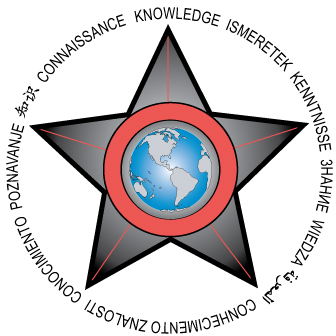
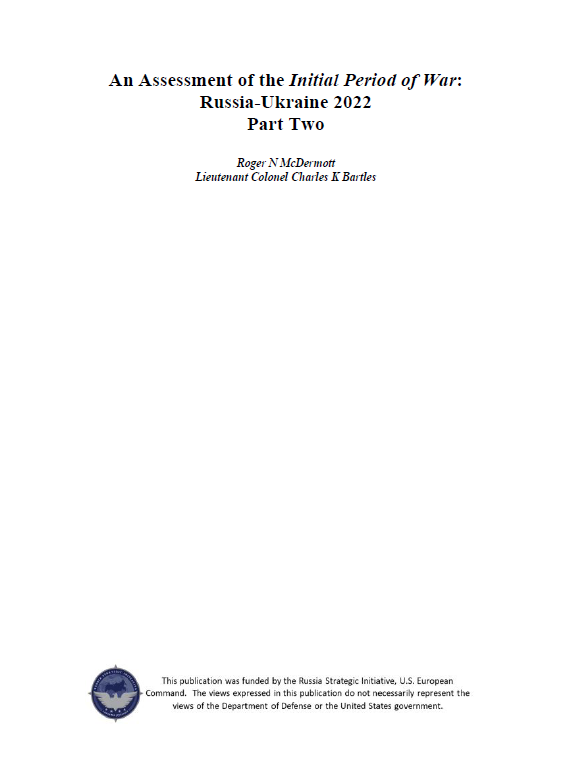
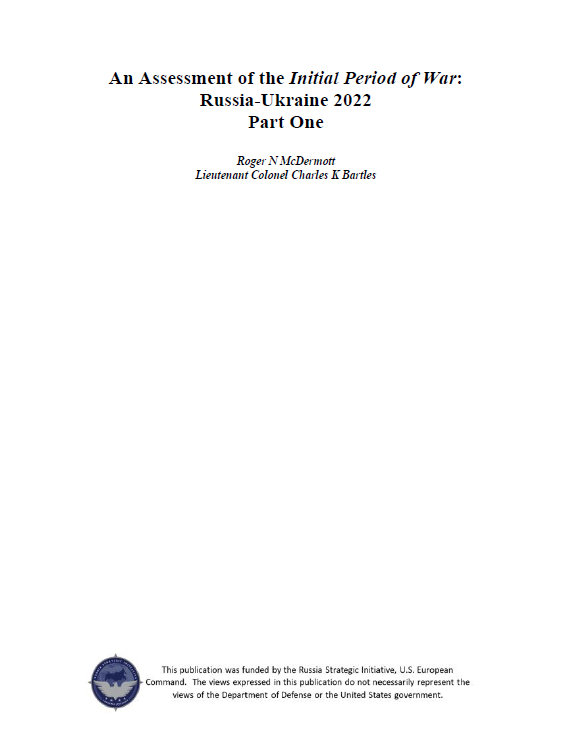
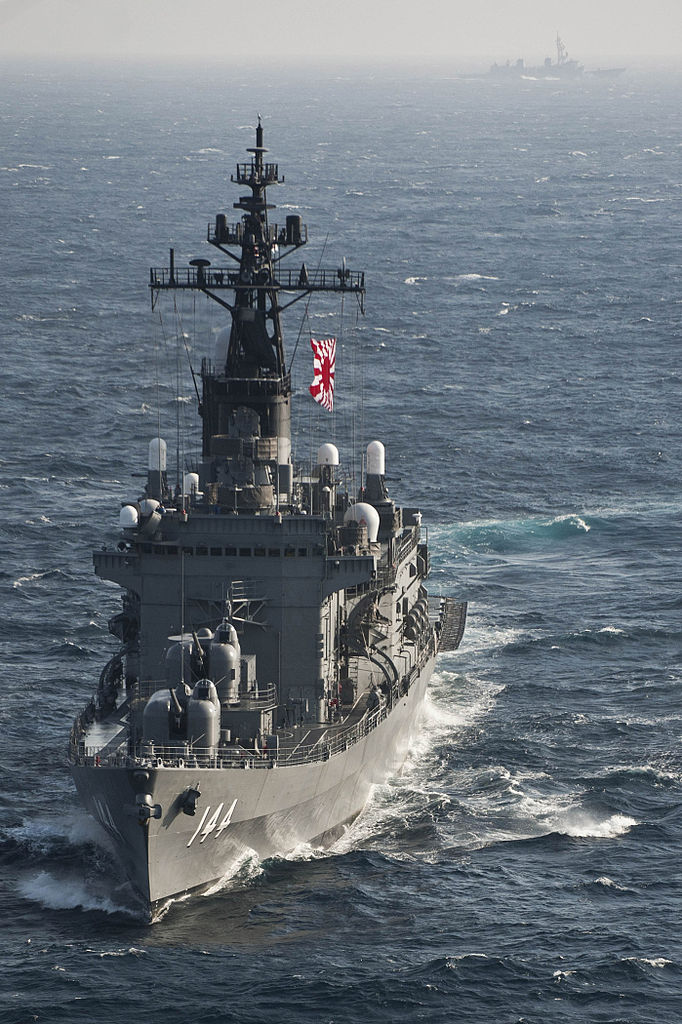
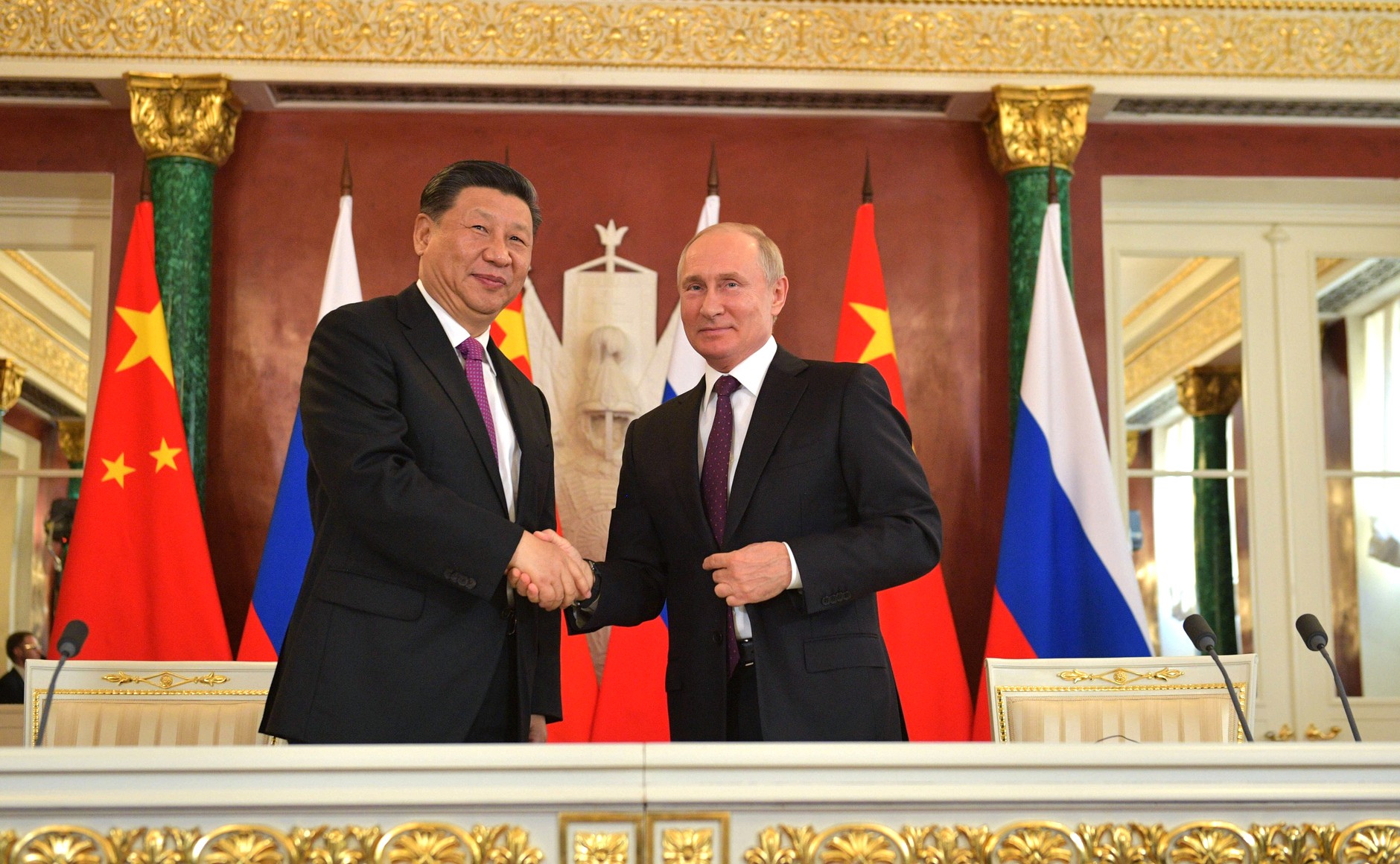
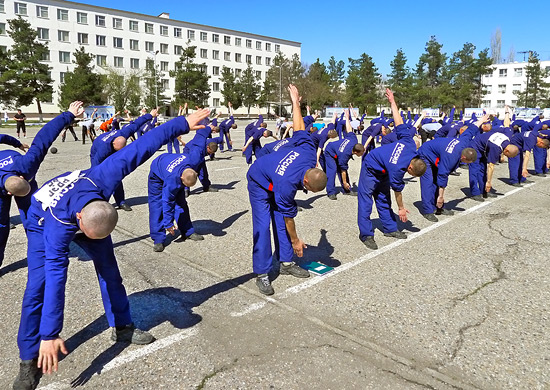
![In Kamchatka, MiG-31 [RG1] fighters of the Pacific Fleet worked out the interception of a mock enemy cruise missile (Author’s note: In spite of the Russian description, the MiG-31 looks to be air-to-air refueling).](https://hg2wordpressfmsostor01.z2.web.core.usgovcloudapi.net/OE Watch Issues/2023-06/Grau-01-MiG-31-fighters-of-the-Pacific-Fleet.jpeg)
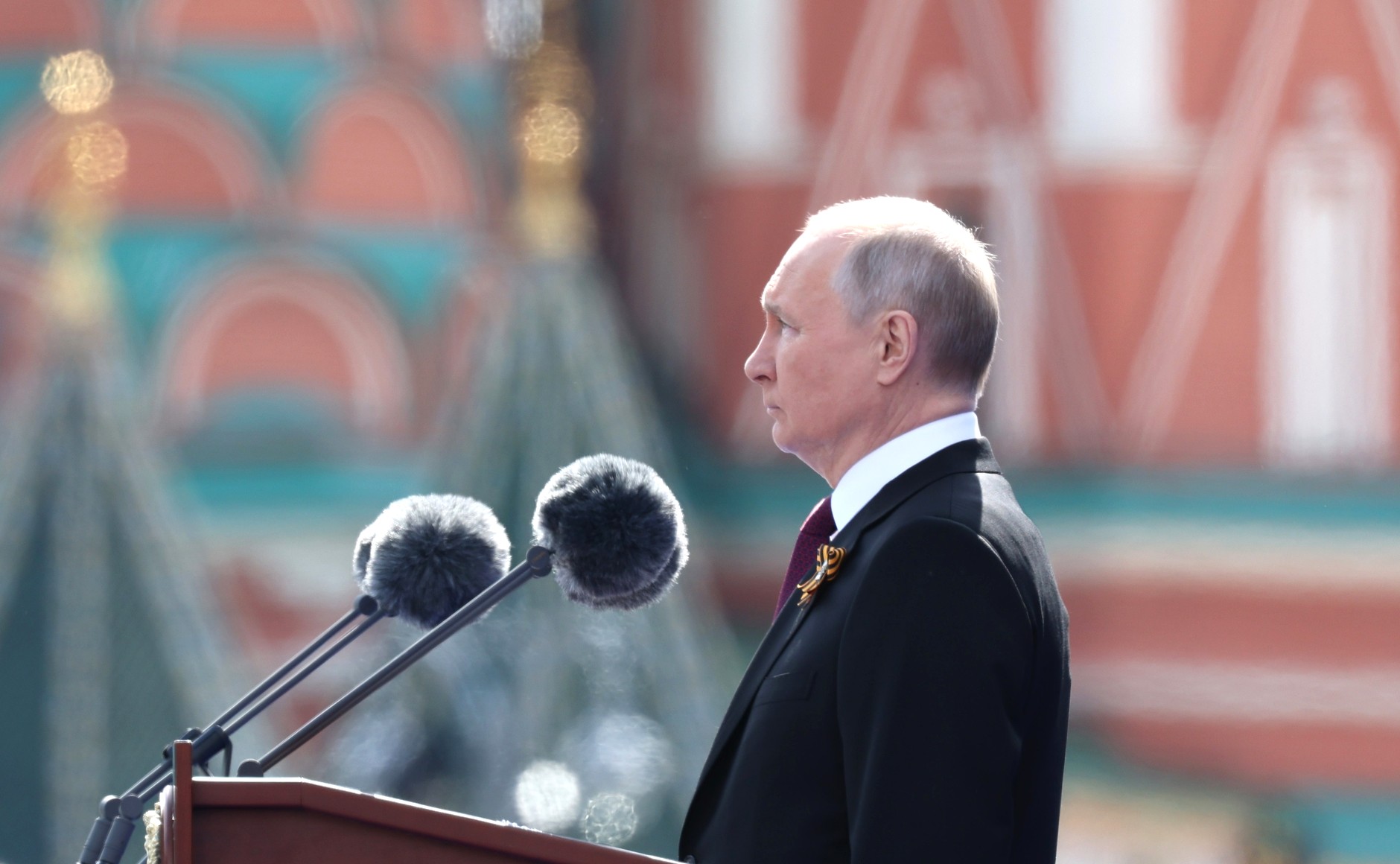
![Kh-47M2 Kinzhal on a MiG-31K[RG1] Victory Day Parade 2018 Moscow.](https://hg2wordpressfmsostor01.z2.web.core.usgovcloudapi.net/OE Watch Issues/2023-06/Billingsley-01-Kh-47M2-Kinzhal-on-a-MiG-31K.jpeg)
